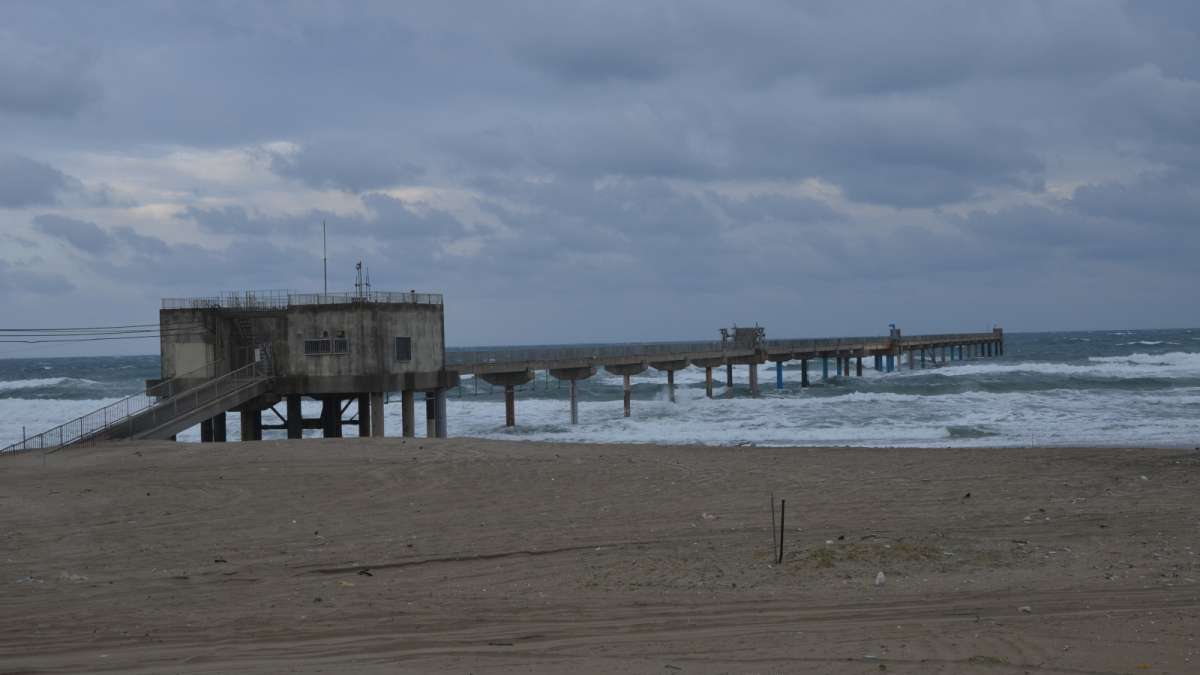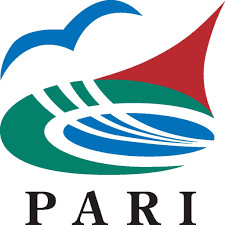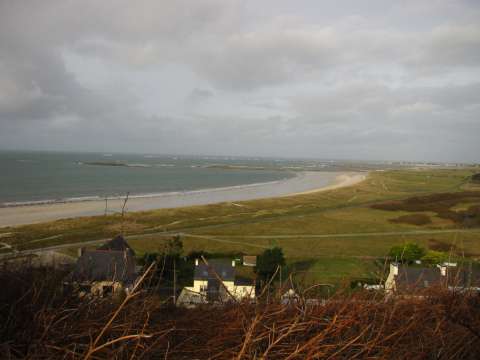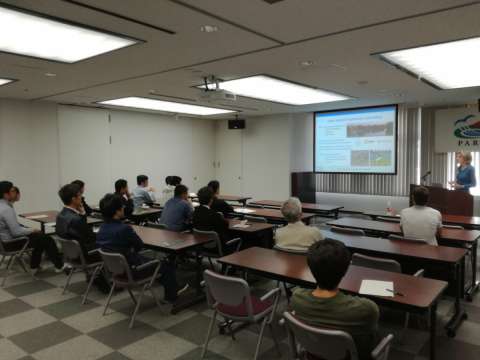

News from the HA: Hydraulics for Development
Learn about the team, their challenges, its members, and the latest news...... by consulting his page
 In February 2019, two Japanese researchers from the Port and Airport Research Institute (PARI), Masayuki Banno and Takashi Fujiki, visited the Saint-Venant Hydraulics Lab (LHSV) in Chatou and the Marine Geosciences (LGO) and Coastline – Environment – Remote Sensing – Geomatics (LETG) labs at the University of Western Brittany (UBO) in Plouzané, as part of a scientific partnership funded by the Hubert Curien Programme (PHC) Sakura. This partnership aims to improve empirical modelling of changes to the coastline, in particular with regard to the impact of climate change.
In February 2019, two Japanese researchers from the Port and Airport Research Institute (PARI), Masayuki Banno and Takashi Fujiki, visited the Saint-Venant Hydraulics Lab (LHSV) in Chatou and the Marine Geosciences (LGO) and Coastline – Environment – Remote Sensing – Geomatics (LETG) labs at the University of Western Brittany (UBO) in Plouzané, as part of a scientific partnership funded by the Hubert Curien Programme (PHC) Sakura. This partnership aims to improve empirical modelling of changes to the coastline, in particular with regard to the impact of climate change.
The French and Japanese partners meet

This was the second time that the French and Japanese partners of PHC Sakura had met. During the first week of the visit, the researchers studied two sites during the spring tide period: Porsmilin and Vougot beaches in Finistère. The beaches were studied during the spring tides, and the visits were followed by working groups with project partners at UBO. The Japanese researchers then spent their second week in France at LHSV, where they continued their discussion on modelling the morphology of the two sites, as well as of the two Japanese sites being studied: Hasaki beach (on Japan’s east coast), and Omotehama (on Japan's south coast). During this exchange visit to the LHSV, the researchers had the opportunity to present studies currently underway at the LHSV seminar:
-
Observing and interpreting the spectrum of multi-modal ocean waves (Dr. Takashi Fujiki)
-
Long-Term Observations of Beach Variability at Hasaki, Japan (Dr. Masayuki Banno)
The PHC Sakura Project

The PHC Sakura project is a programme of cooperation in science and technology, implemented and financed by the Japan Society for the Promotion of Science (JSPS), the French Ministry of Europe and Foreign Affairs (MEAE), and the Ministry of Higher Education, Research and Innovation (MESRI). The aim of the bilateral project is to support the development of Franco-Japanese partnerships in areas of research that are of major interest to both countries.
The “Predicting coastline evolution caused by climate change” project sets out to develop empirical tools to monitor coastline evolution, with special consideration given to the impact of climate change. This project, funded initially for one year in 2018, cements ties created through collaboration already in place in France between researchers at the LHSV and UBO (LGO and LETG), and Japanese researchers at the Port and Airport Research Institute (PARI), Kyoto University and Toyohashi University of Technology.
A scientific partnership

The partnership was launched in 2016 following Masayuki Banno’s (the Japanese project manager) initial visit to the LHSV. PARI and Cerema are counterpart organisations in Japan and France, respectively. They are both active in the fields of hydrodynamics and coastal and shoreline morphodynamics. Within Cerema, two researchers – Marissa Yates (the French project manager) and Nicolas Le Dantec – along with Philippe Sergent, the scientific director, help analyse the morphological evolution of the study sites, and oversee the development and extension of a balanced empirical model, and its application at the two study sites. The thesis by Teddy Chataigner, a PhD student at LHSV (thesis jointly funded by DGA-AID [Defence Innovation Agency], Cerema and ENPC, 2018-2021), and co-supervised by Marissa Yates and Nicolas Le Dantec (thesis director, Nicole Goutal, LHSV, EDF R&D), also falls under the Sakura project. His work, focused on taking longshore processes into account in the morphodynamic evolution of beaches, will be verified at the two study sites in France, as well as the two in Japan.

News from the HA: Hydraulics for Development
Learn about the team, their challenges, its members, and the latest news...... by consulting his page

